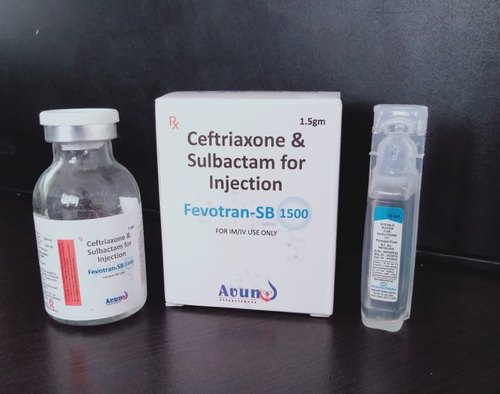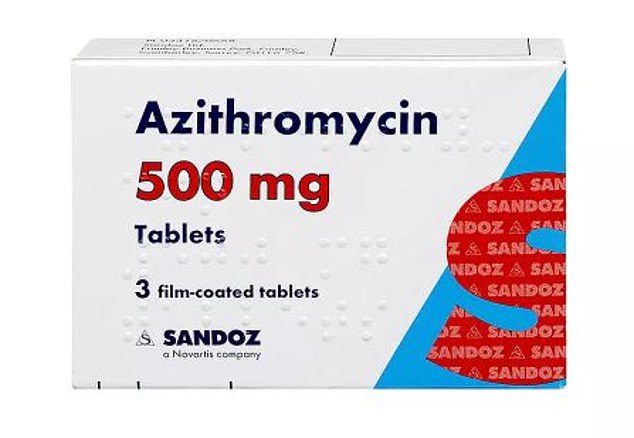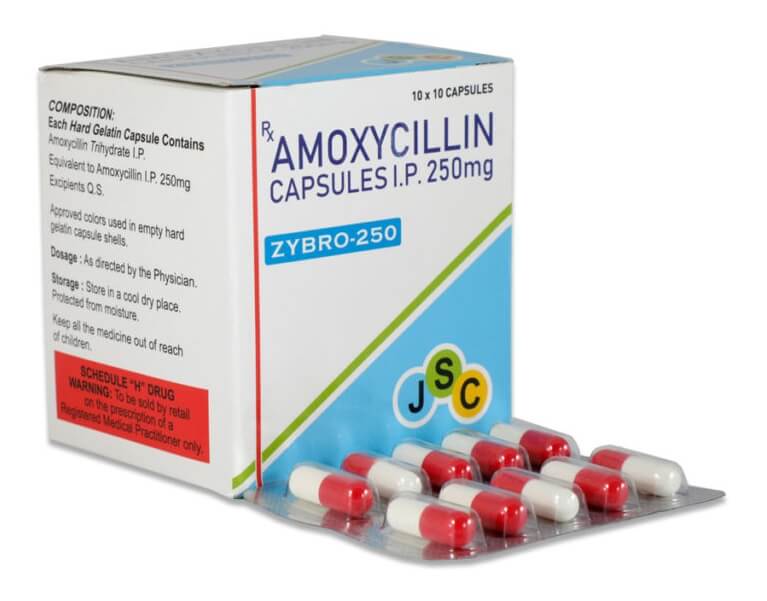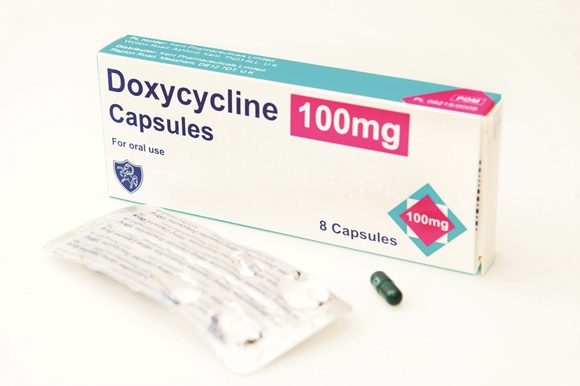
Gonorrhoea is caused by the gram-negative bacteria Neisseria gonorrhoeae, also called gonococcus.
Gonorrhoea is one of the oldest sexually transmitted infections known to man. Gonorrhoea infection is extremely common in Nigeria, with some reports terming it the most prevalent sexually transmitted disease (STD) in Nigeria. Nigeria’s most populous city, Lagos, reportedly had the highest rate of gonorrhoea in the world in 1963, according to WHO data.
Around 78 million people get infected with gonorrhoea every year, the WHO said.
What does having gonorrhoea in Nigeria feel like?
Gonorrhoea affects both men and women in Nigeria. Signs of gonorrhoea in men are often easy to notice. The two commonest symptoms of gonorrhoea in men are pain or burning sensation when urinating and yellowish discharge from the tip of the penis. Some patients also present with pain or swelling in one of their testicles.
Gonorrhoea symptoms in men (painful urination and discharge from the penis) could also resemble the symptoms of another common bacterial STI called chlamydia. But while the discharge from chlamydia is usually clear or cloudy (sometimes resembling semen), the discharge caused by gonorrhoea is yellowish in colour and thicker, almost resembling pus.
Gonorrhoea in Nigerian women
Women are more likely to have gonorrhoea and not show any symptoms – a tricky situation that leads to increased infection spread. When present, the symptoms of gonorrhoea in women resemble those of men – an unusual vaginal discharge, which may be thin or watery and green or yellow in colour and pain or a burning sensation during urination.
How is gonorrhea transmitted?
You can get gonorrhoea through unprotected vaginal, anal or even oral sex. A pregnant woman with gonorrhoea can also give the infection to her baby during childbirth.
How is gonorrhea prevented in Nigeria?
The easiest and most effective way to prevent getting infected with gonorrhoea is by using condoms properly every time you have sex. Abstinence is also recommended but may not be practical in Nigeria. You should stick to one partner whom you have gone for a test with and remain faithful to them.
How is gonorrhea treated in Nigeria?
Gonorrhoea is curable with the right treatment. Though very easy to get, gonorrhoea is also easy to treat. But you should avoid putting yourself at risk of getting infected with gonorrhoea because incidences of drug resistance are growing, meaning the drugs typically used to treat gonorrhoea may no longer be effective.
Treatment options for gonorrhea in Nigeria
Gonorrhea is treated with antibiotics. There are up to four treatment options for treating gonorrhea is Nigeria.
a. Ceftriaxone

The CDC recommends a single dose of ceftriaxone injection (250mg given intramuscularly) PLUS 1g of azithromycin, taken orally.
b. Azithromycin

A single 2 g dose of azithromycin effectively treats gonorrhoea. However, the use of azithromycin as a single treatment is sometimes discouraged because of concerns of drug resistance.
c. Amoxicillin

It was found in 1974 that a single 3g dose of amoxicillin is effective in treating gonorrhoea.
d. Doxycyline

100 mg of doxycycline taken orally twice daily for 7 days also treats gonorrheoa.



I feel swelling sensation in my pelvic cavity, lose of sexual feeling, shrinkage of penis, discharge after urination, and always frequent urination. And unless I discharged thus semen like pus I can get relief.